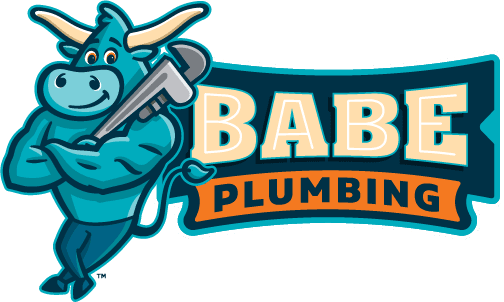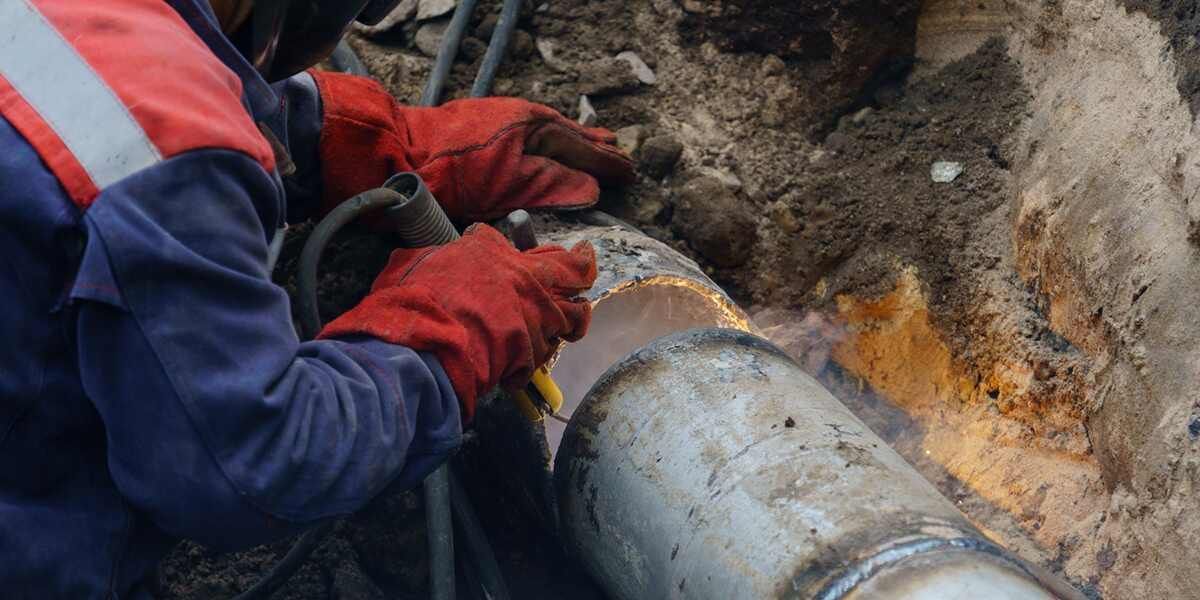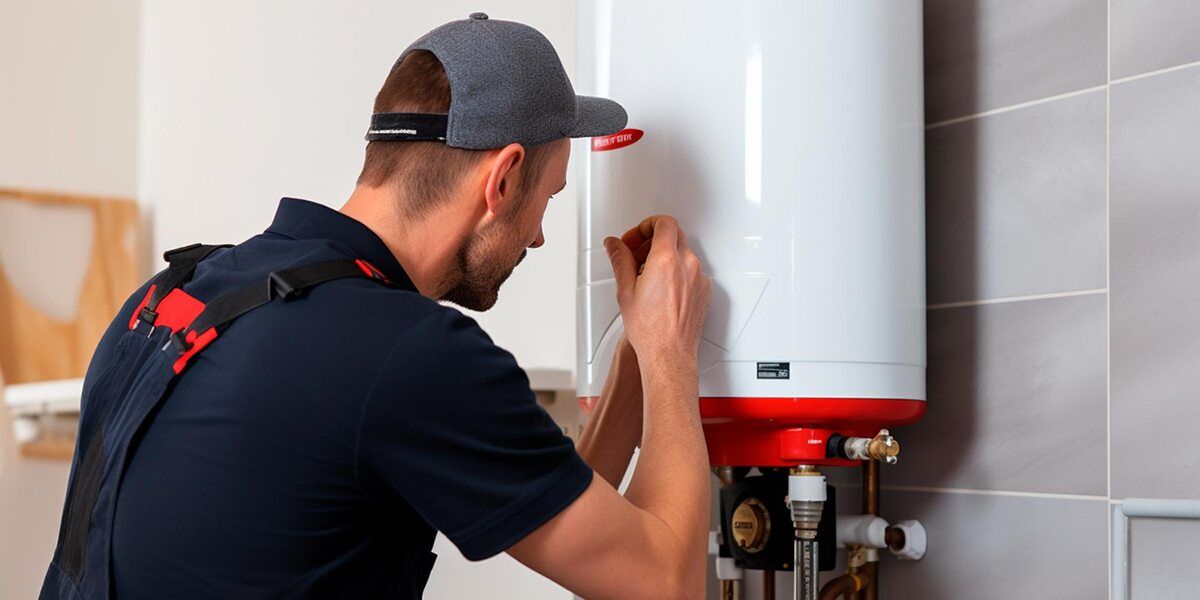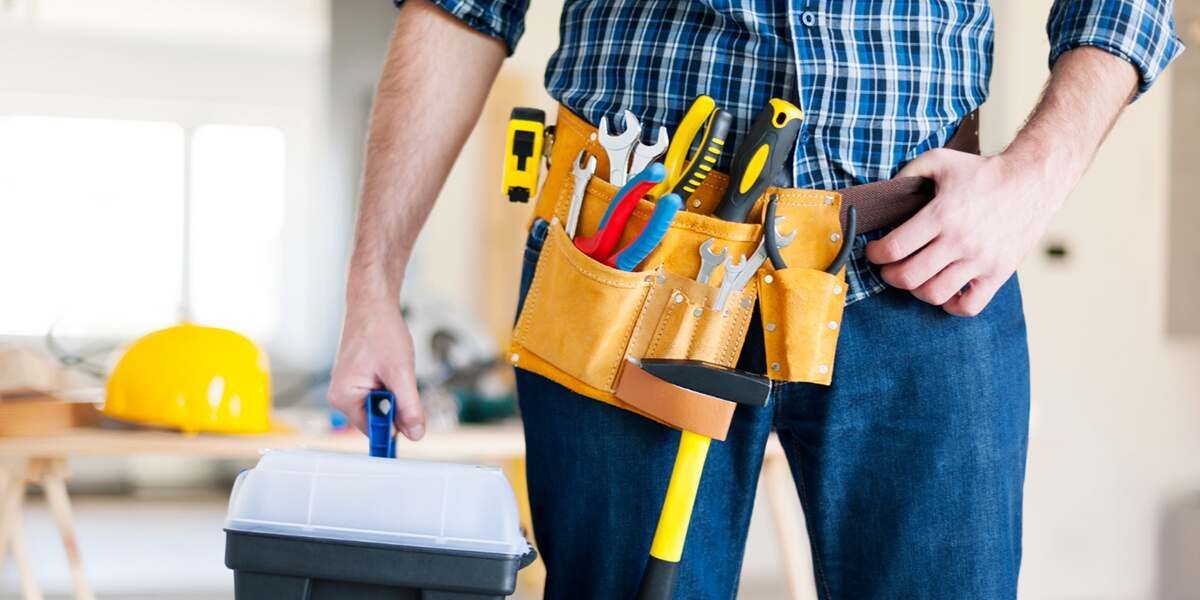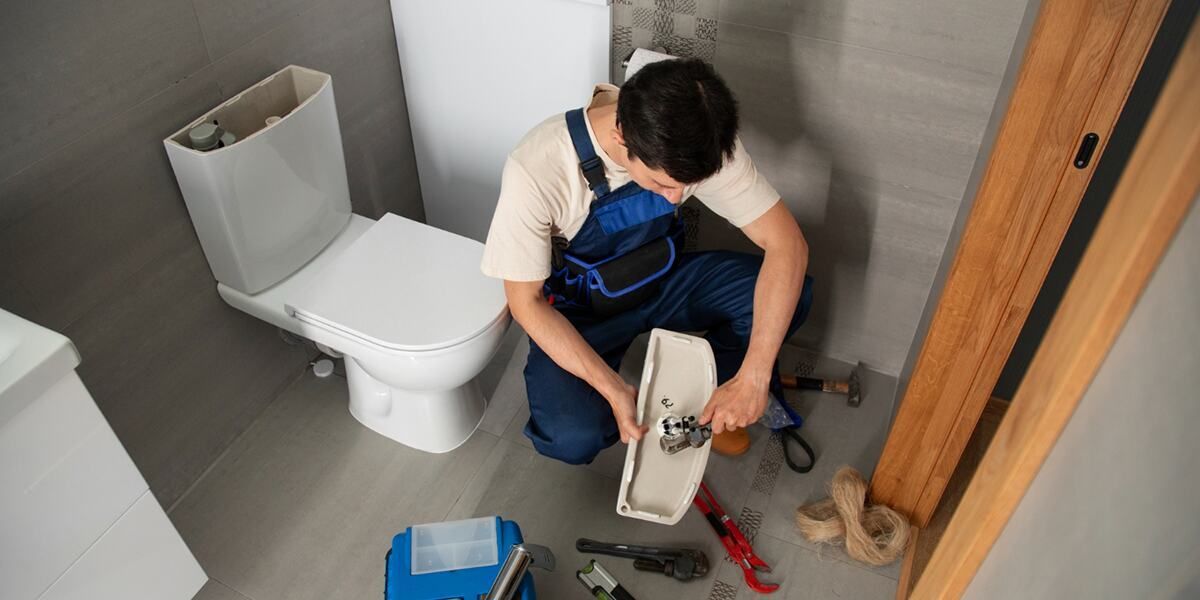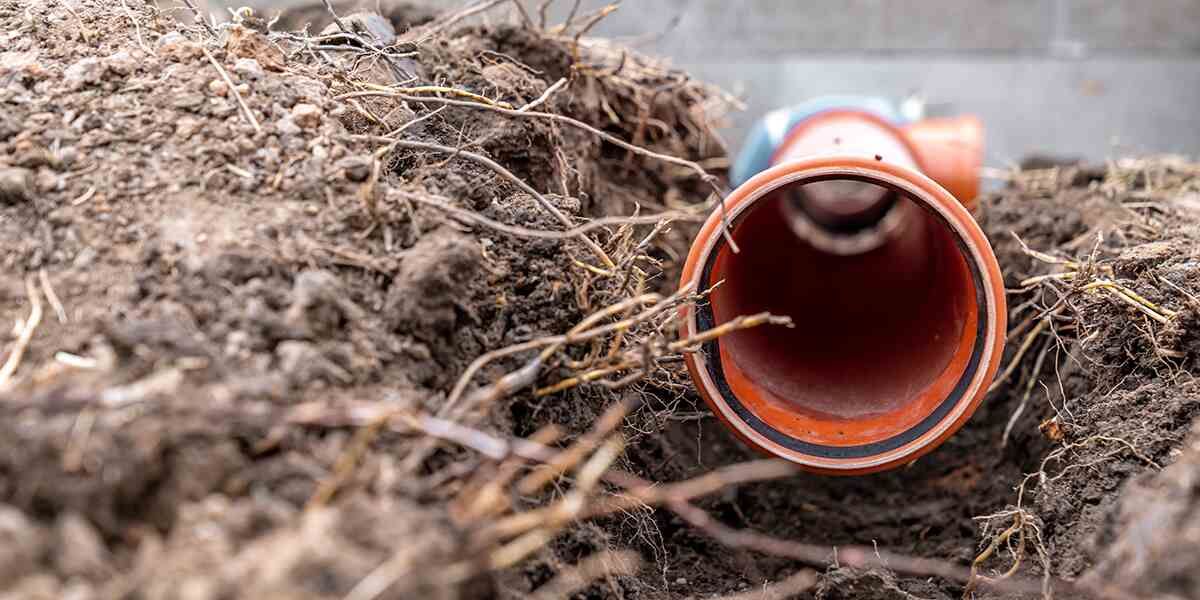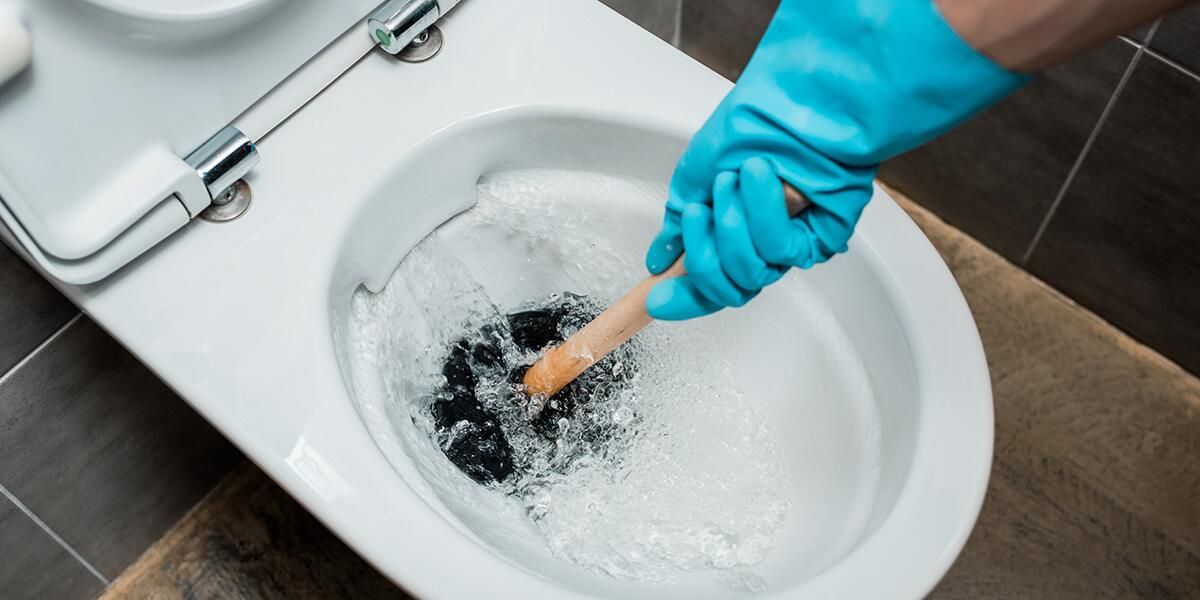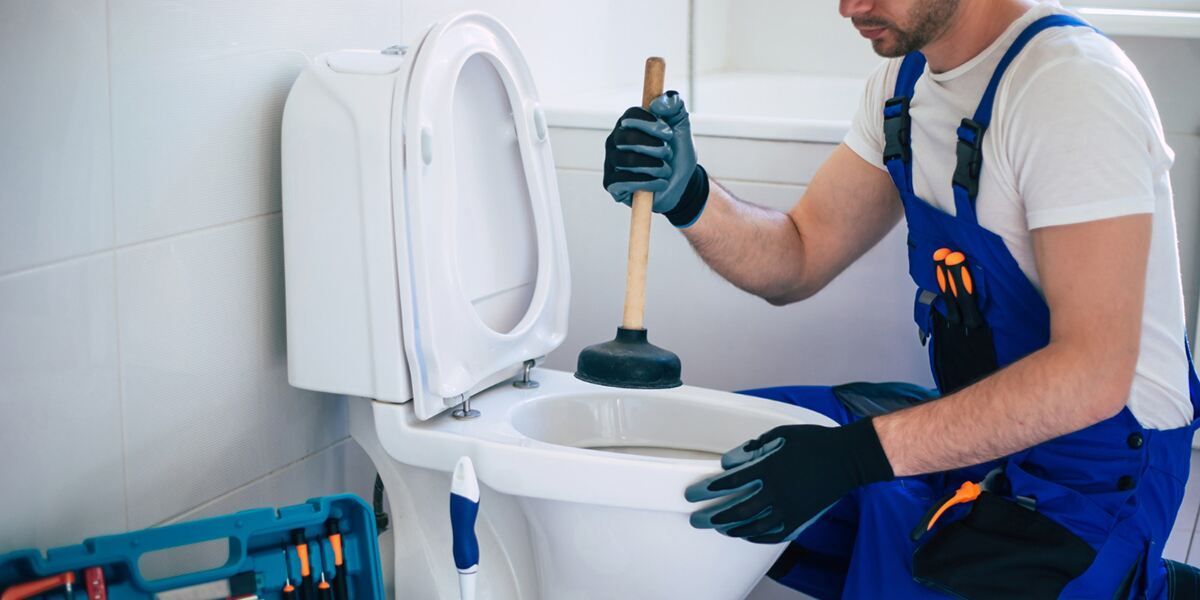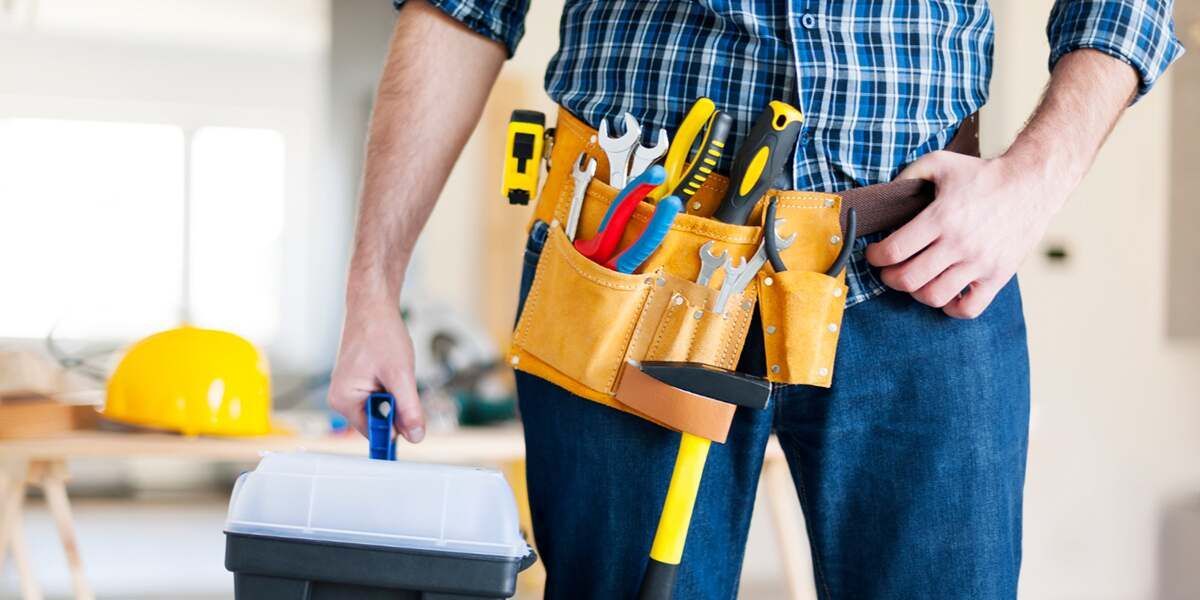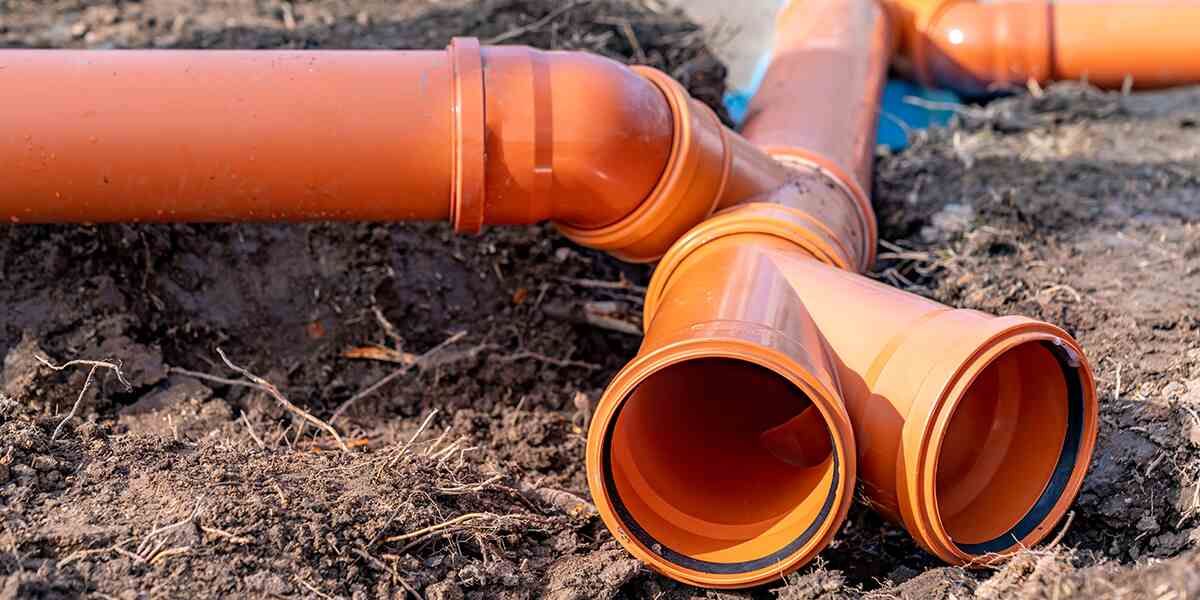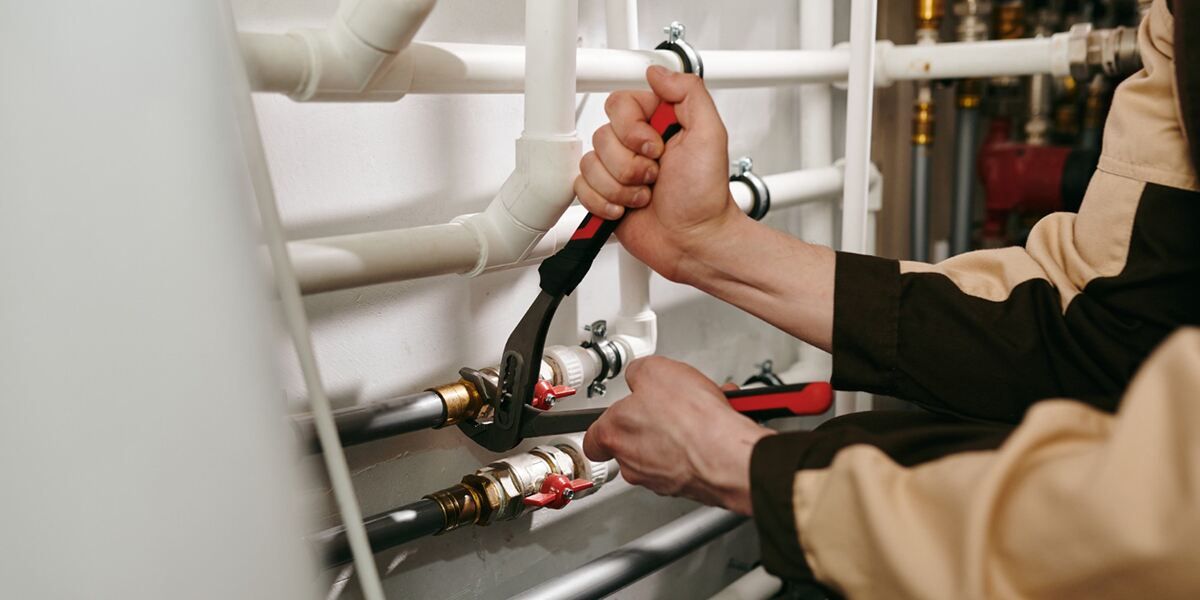How Much Fluoride Is in Tap Water?
If you're concerned about fluoride levels in drinking water at your Mankato home, contact Babe Plumbing for a plumbing inspection and water filter installation.
Though most tap water supplies in and around Mankato, MN, are generally safe to drink, it's not uncommon for tap water to contain minerals and chemicals, like fluoride. Many professionals, including dentists, highlight the benefits of fluoride, especially regarding fluoridated drinking water. Still, you might wonder exactly how much fluoride is in tap water.
As Mankato's water filtration installation experts, the team at Babe Plumbing has decades of experience providing plumbing services to residents in the area. Here, our team shares some essential facts about fluoride in water and how to address excess minerals in your home's tap water.
What Is Fluoride?
Fluoride is a mineral that comes from rocks and seeps naturally into soil and groundwater. It's also present in plants and the air. All bodies of water contain some amount of fluoride because it's naturally occurring.
Unlike many other minerals like calcium and magnesium, fluoride is not strictly essential to maintain your health. Still, it plays a vital role in dental health, which is why many dentists and health care professionals recommend consuming fluoride regularly or brushing your teeth with fluoridated toothpaste.
How Much Fluoride Is in Tap Water?
The amount of fluoride in drinking water varies based on several factors. Generally, fluoride exists in all bodies of water, ranging from minimally detectible levels to more than ten parts per million (ppm) or ten milligrams per liter. Because the mineral naturally occurs in various environments, different bodies of water will contain different amounts of fluoride.
Groundwater fluoride levels differ depending on how much of the mineral comes from rocks and soil as rainwater filters from the earth's surface to groundwater reserves. Oceans typically have between 1.2 ppm and 1.4 ppm. Like groundwater, fluoride in lakes or rivers varies due to environmental elements.
Many municipalities in the United States add fluoride to their drinking water supplies, but less than 0.5% of the population drinks tap water with fluoride levels exceeding two ppm. Less than 0.1% of residents have tap water with more than four ppm of fluoride.
What Are the Benefits of Fluoride in Drinking Water?
Fluoride improves dental health by strengthening the enamel on teeth's outermost layers. Over time, acid from oral bacteria, foods, and drinks wears down dental enamel, making it easier for bacteria to get inside a tooth a cause decay.
The benefits of drinking fluoridated tap water include:
- Fewer cavities
- Less risk of tooth decay
- Reduced need for extensive dental fillings
- Strengthened dental enamel
Though anyone with teeth can benefit from fluoride, the best effects are in children with baby teeth. Young people are prone to tooth decay and cavities, but fluoridated tap water, toothpaste, and mouthwashes reduce their risk of dental problems.
Does Drinking Too Much Fluoride Carry Risks?
Too much fluoride can cause dental fluorosis in children. Dental fluorosis is a condition when a person's dental enamel has visual changes due to excessive exposure to fluoridated tap water. Fluorosis can affect a child's permanent teeth development, which can cause dental problems in adulthood.
Children under 14 can get up to 70% of their fluoride intake by drinking tap water. Adults can also consume too much fluoride, making them susceptible to fragile bones. Unless you know how much fluoride is in tap water, it's best to limit your tap water consumption and regulate your fluoride intake through dental hygiene products and supplements.
Who Monitors Fluoride Levels in Public or Community Tap Water Systems?
According to the Safe Drinking Water Act (SDWA), the United States Environmental Protection Agency is the primary governmental body responsible for regulating tap water safety. The EPA sets regulatory standards for all public drinking water systems that serve multiple people daily and ensures states, municipalities, and water suppliers adhere to all regulations.
The SDWA also outlines what it considers contaminants. Regardless of their effects on one's health, the SDWA states the following are "contaminants" in drinking water:
- Physical particles
- Biological materials
- Radiological substances
Because fluoride is a mineral, it is technically a physical contaminant in tap water, but it's not generally unhealthy to consume. The United States Department of Health and Human Services states that the ideal fluoride level in tap water is 0.7 milligrams per liter but no more than 4 milligrams per liter. This amount promotes the mineral's benefits with minimal health risks.
The EPA also regulates well water, but almost 15% of water wells don't qualify for EPA standards. These wells don't serve the minimum amount of 25 people daily for over two months, so the EPA doesn't regulate them. The agency also won't regulate wells or other water supplies with fewer than 15 connections to properties.
How Can You Get the Appropriate Fluoride Levels in Your Tap Water at Home?
Unlike some water-based contaminants, you can't boil the fluoride out of your tap water. Standard water filtration systems with charcoal filters are also ineffective because the particles are too small to filter.
If your home's water supply exceeds the EPA's recommended maximum, a reverse osmosis water purification system to reduce the amount of fluoride in your drinking water. Reverse osmosis systems use a series of filters to eliminate nearly all contaminants from tap water. Some systems also include an ultraviolet light to kill microbes for pristine drinking water.
Turn to Babe Plumbing for Water Filtration Solutions in Mankato
Now that you understand the answer to "How much fluoride is in tap water" and know what water filters do, reach out to Babe Plumbing for your home's ideal water filtration solution. As a top plumbing company serving Mankato, MN, and the surrounding areas for over 40 years, our plumbers can install various water filtration systems, including reverse osmosis filtration, to ensure your property has clean, healthy tap water.
Our plumbers have dozens of five-star reviews and offer a satisfaction guarantee on all work. Call (507) 267-3622 to schedule a consultation with Babe Plumbing in Mankato, MN, today.
Author Bio:
Jeff Jordan and Anne Jordan
The wizards at Babe Plumbing. With synchronized finesse, they flawlessly orchestrate service excellence, transforming appointment chaos into a harmonious symphony of plumbing solutions, leaving customers impressed and ever-grateful for their unrivaled coordination.
Babe Plumbing is a professional emergency plumbing company based in Mankato, MN, with over 40 years of experience serving residents of southern Minnesota.
Our Services
Contact Information
Phone: (507) 625-7162 - Normal Business Hours
All Rights Reserved | Babe Plumbing
